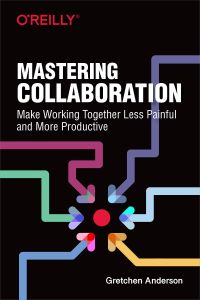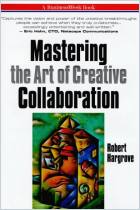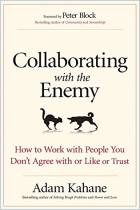加入 getAbstract 阅读摘要

加入 getAbstract 阅读摘要
Gretchen Anderson
Mastering Collaboration
Make Working Together Less Painful and More Productive
O'Reilly, 2019
看看什么内容?
Formal collaboration inside organizations seldom works. Here’s what does.
Recommendation
Collaboration is one of humankind’s primal dynamics, but formal collaboration inside today’s organizations seldom works. Companies suffer when colleagues can’t get together effectively to develop smart solutions to problems. Leaders might pay lip service to the idea of collaboration, yet few know how to bring it about. As you might suspect, there is a better way. Collaboration expert Gretchen Anderson explains in practical terms how collaboration works, what it can accomplish, how to organize collaborative teams and which common collaboration pitfalls to avoid.
Summary
About the Author
Gretchen Anderson consults on collaboration and product strategies. She worked in design consulting for Frog Design, Cooper and Lunar, and headed design at PG&E, the California energy company. She also served as vice president of product at GreatSchools.org.





















Comment on this summary